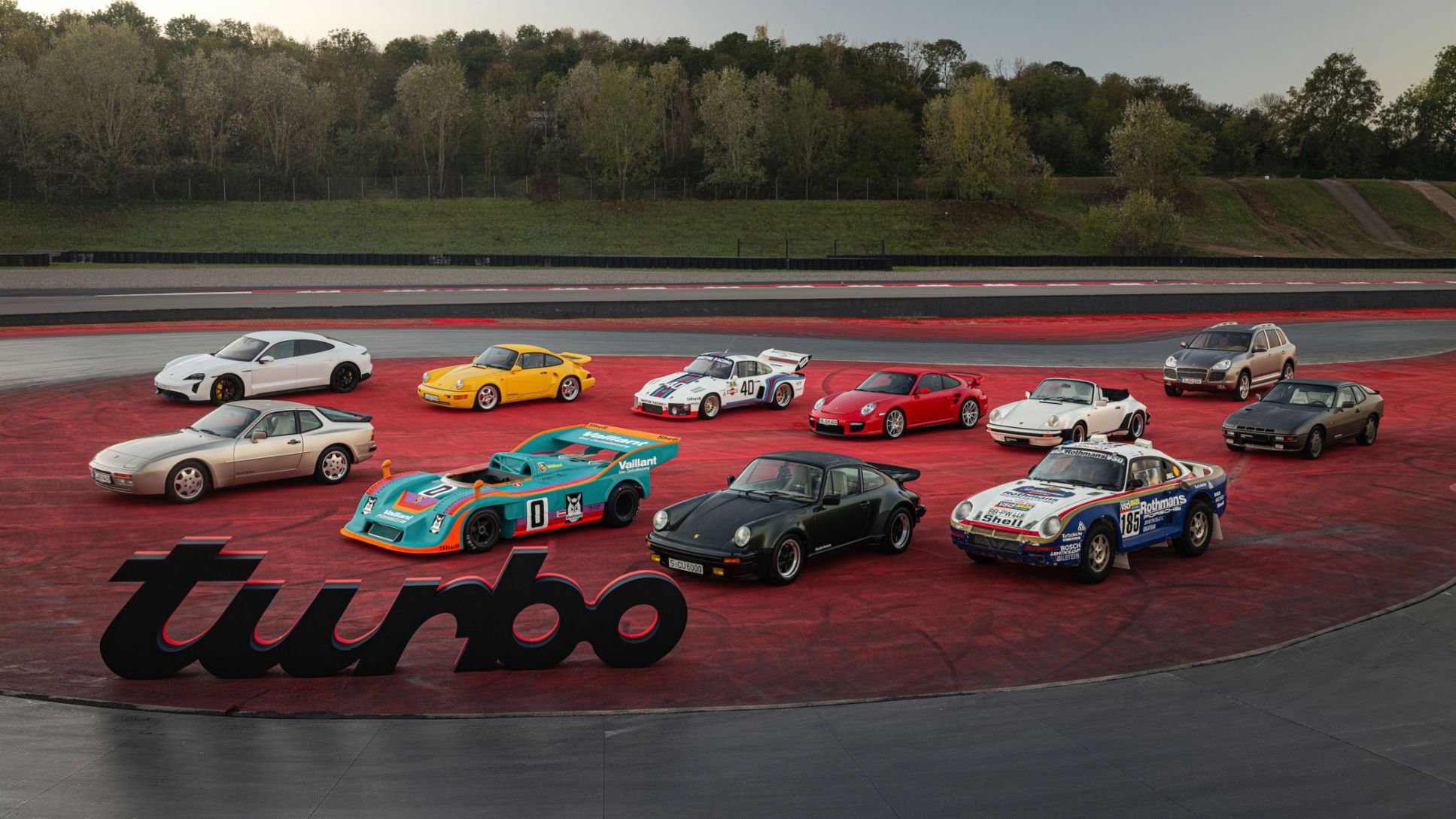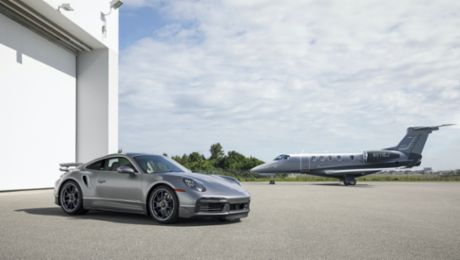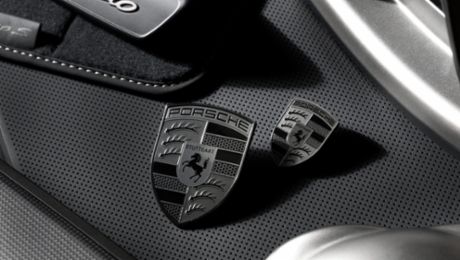Retro Classics brings throngs of classic-car and sports-car enthusiasts from all around the world to Stuttgart. For Porsche, the trade fair is not just a home game, but a fixture in its annual event calendar. From Thursday to Sunday, 25 to 28 April 2024, the sports car manufacturer will showcase an extraordinary selection of exhibits there. “This year we are celebrating the 50th anniversary of Turbo at the Retro Classics. No other model reflects the company’s innovative drive as strikingly as the Turbo derivatives,” says Achim Stejskal, Director of Porsche Heritage and Museum.
In 1974, the sports car manufacturer presented the first series 911 Turbo at the Paris Motor Show. A technology that migrated from motorsport to series production in characteristic Porsche fashion. On Saturday, April 27th at 2 pm, Thomas Krickelberg, Project Manager in the 911/718 model line at Porsche and Frank Jung, Head of the Company Archive, will talk to the Monegasque racing driver and Le Mans winner Stéphane Ortelli about the Turbo.
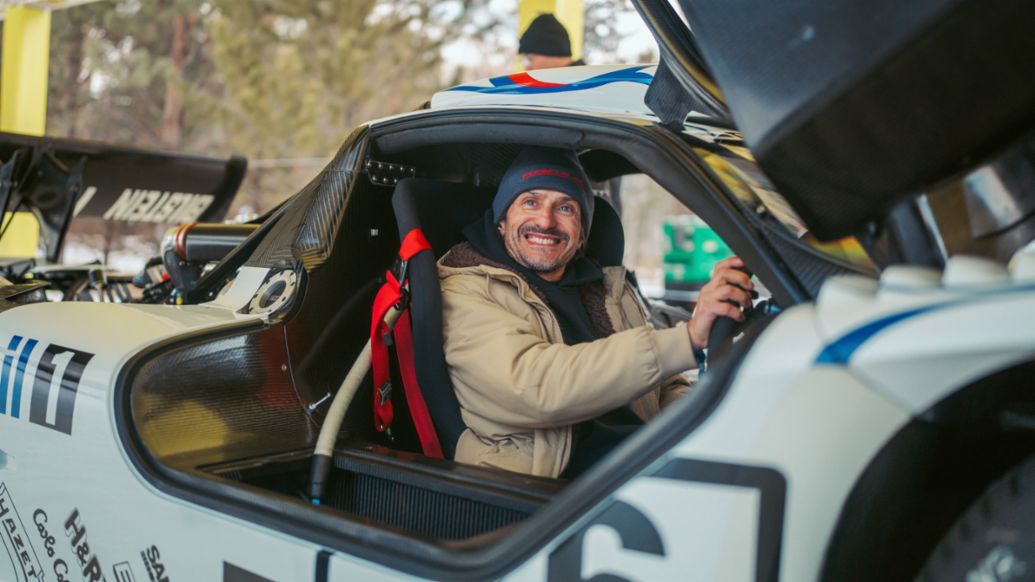
Afterwards, Ortelli, who won the 24-hour race for Porsche in the Porsche 911 GT1 in 1998 together with teammates Laurent Aïello and Allan McNish, will be available for autograph requests. In addition to the Turbo Talk, visitors to the fair stand can also take part in guided tours on the topic of 50 years of Turbo.
50 years later: the erstwhile birthday present
At Stand A74 in Hall 1, the company will be showing the first 911 Turbo—the one which saw Porsche usher in a new era. The first of its kind, the model exhibited is also a one-off, namely the Porsche 911 Turbo “No. 1”, which Louise Piëch received for her 70th birthday in the summer of 1974.
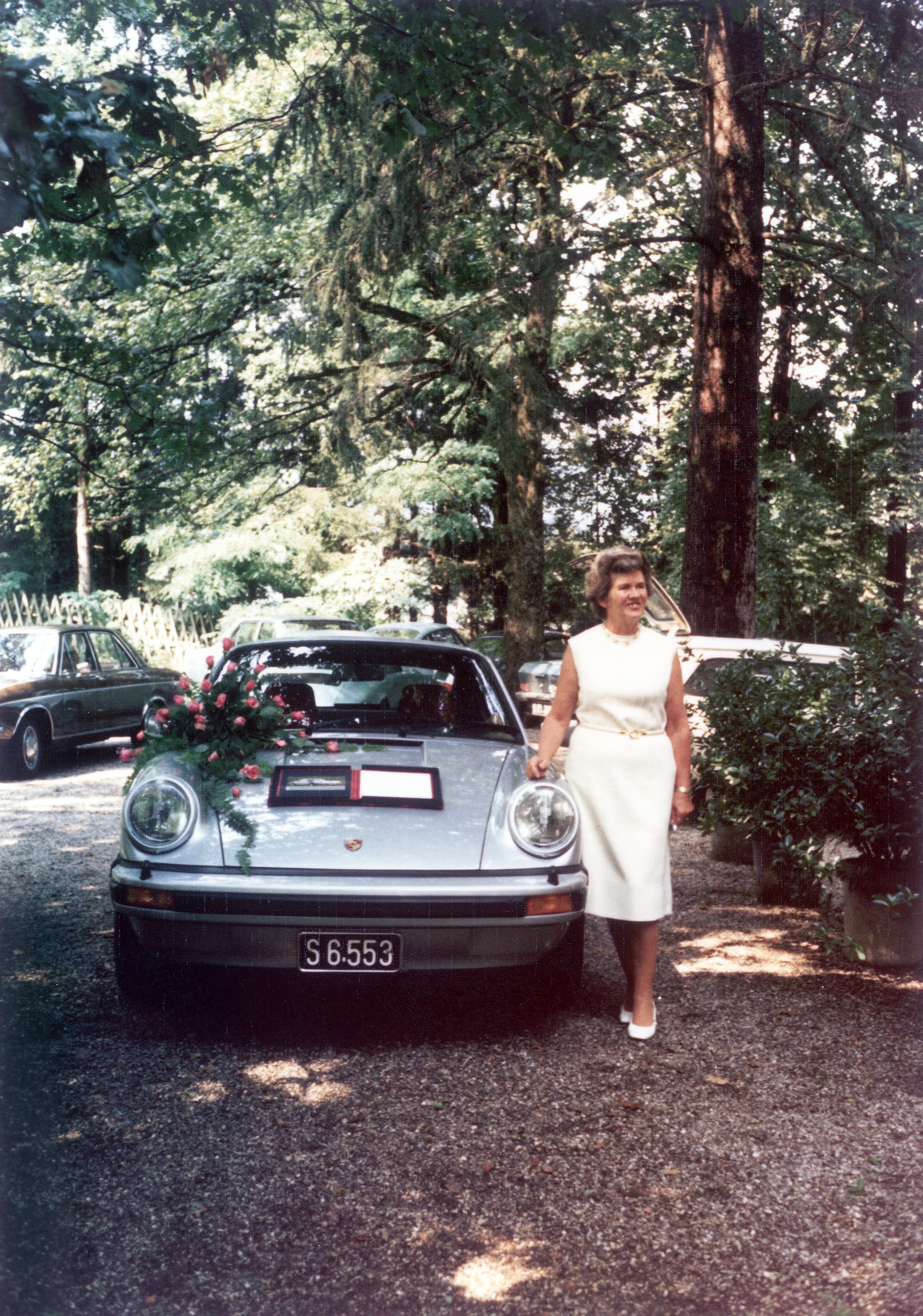%20in%20Dellach%20am%20W%C3%B6rthersee,%20August%201974.%20Als%20Geschen.jpg)
In contrast to the Turbo models offered by the manufacturer from the spring of 1975 on, Piëch’s gift has the narrow body of the 911 Carrera. The bonnet of the 176 kW (240 PS) sports car bears the “Carrera” logo instead of the “Turbo” logo. In order to see the picturesque mountain landscapes of Austria in true-to-life colours, the daughter of Ferdinand Porsche refrained from tinting the windscreen. A badge on the glove compartment bears the initials LP and the inscription: Turbo-Porsche No. 1, Stuttgart-Zuffenhausen, 29 Aug. 1974.
Rare and extremely fast cars
The next gem at the stand is a 911 Turbo 3.0 Coupé from 1975. This Porsche in Silver Green Diamond was one of the first 30 Turbos to be completed within series production. The mirrors matched those of the Carrera and were painted in the exterior colour, while the wider wings were welded to the body by hand. Another crowd-puller at the over 500-square-metre stand is a 911 GT2 with wing extensions and additional air intakes.
In order to provide the Turbo engine with sufficient air, the adjustable rear wing had lateral openings. The equipment in the sports car from 1996 was spartan, ensuring that not a single extraneous gram was on board. The doors and bonnet were made of aluminium, rear and side windows were made of thin glass, and the manufacturer dispensed entirely with insulating material. The biturbo engine had 20 PS more power than the standard version.
Lightweight racers and powerful engines
Also on show at the fair is the 911 GT1 ‘98, a lightweight racer that tips the scales at just 970 kilograms. Unlike its predecessor with a sheet steel front end, the mid-engine sports car featured a carbon-fibre monocoque and a plastic outer shell. The water-cooled 3.2-litre, six-cylinder engine with two turbochargers generated around 404 kW (550 PS). Thanks to groundbreaking engine electronics, fuel consumption was very low, a decisive advantage when racing at Le Mans. This model served as a test vehicle throughout its entire career, and later as a stand-in for photo shoots.
The 911 Turbo S was one of only 435 models built by Porsche Exclusive. With 331 kW (450 PS), the air-cooled biturbo boxer engine was one of the most powerful of the 911 generation 993. The chassis of the sports car was lowered by 15 millimetres, and the body featured an aero package with front and rear spoilers. The four exhaust tailpipes were particularly striking. Visitors to the trade fair who take a look inside will see almost all plastic parts covered with leather.
A duo comprised of a sports car and a plane
There’s a special story behind the latest Turbo model at the stand. The 911 Turbo S “Duet” from 2020 is the product of a cooperation between Porsche and the aircraft manufacturer Embraer. Those who opted for the Phenom 300E business jet at the time could purchase a customised 911 Turbo S in a silver two-tone finish. In many of its details, the 650 PS sports car is reminiscent of aviation. For example, the side air intakes and trims on the side windows in brilliant chrome evoke the appearance of jet engines. The individual registration of the associated jet can be found on the underside of the rear wing as well as on the vehicle key of the model, which was produced in a limited run of ten units. In a nod to the wording on aircraft wings, the panels of the door sills in the doors bear the words “No step”.
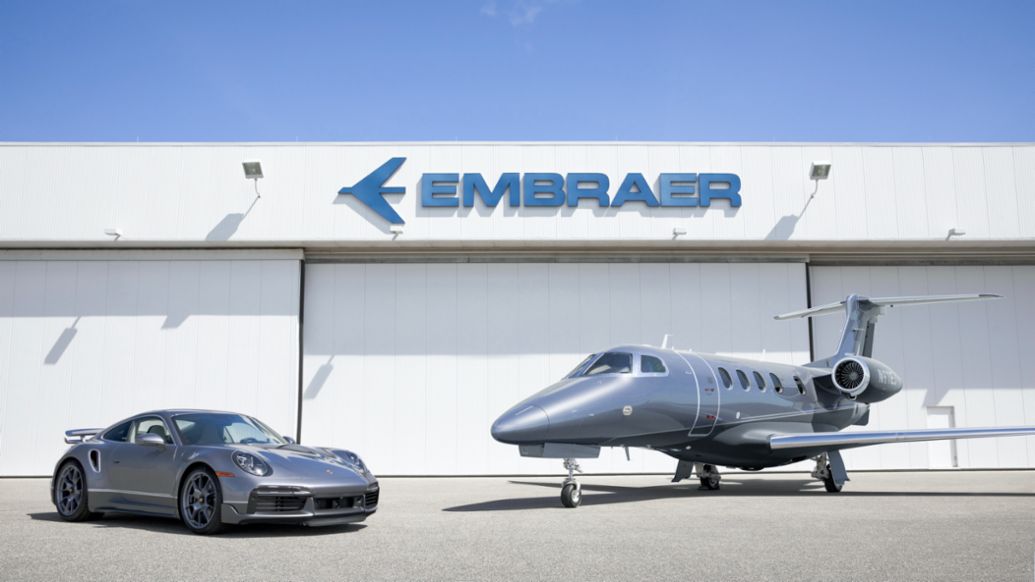
In addition to exciting vehicles from the Turbo era, Porsche will also be presenting two engine exhibits. While one engine from 1988 represents the second generation of the Turbo, the other comes from the seventh generation. Between the two models of the 911 Turbo—the first was called 930 in-house, the second 991—was a span of 26 years and 220 PS.
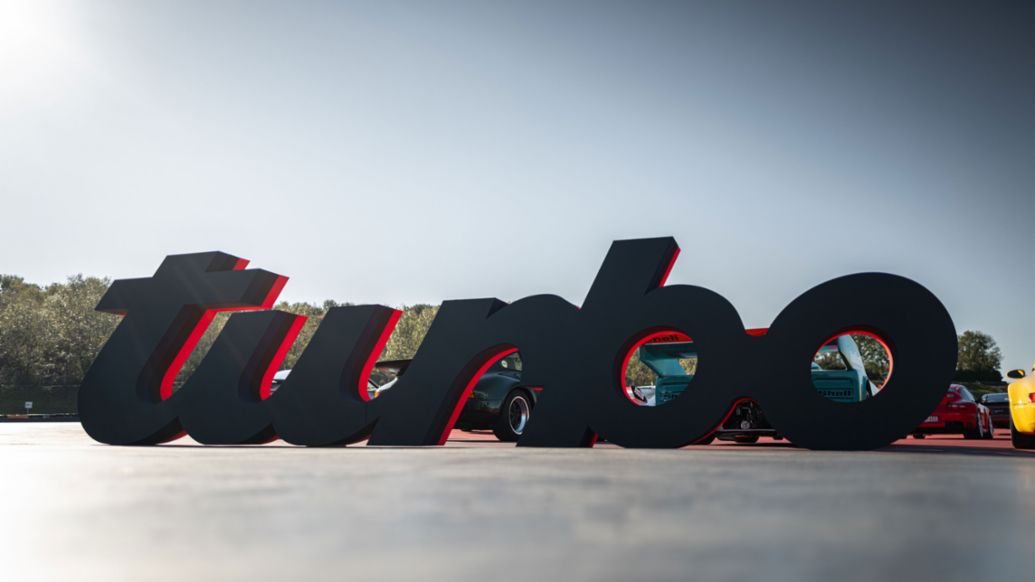
In a display case at the stand, Porsche will be showing a number of exhibits from the archive, such as the drawing of the Turbo logo from 1974, advertisements, and the equipment card of the first Turbo. The museum shop, which is integrated into the trade fair stand, offers visitors selected products related to Porsche as well as a collection specially created for the Turbo anniversary.
